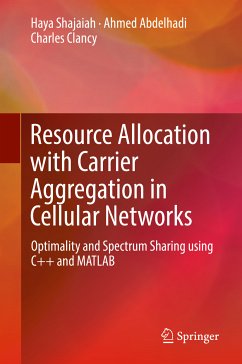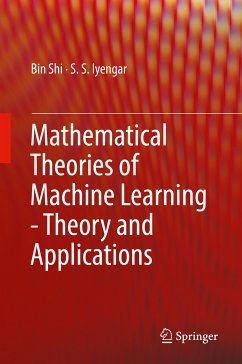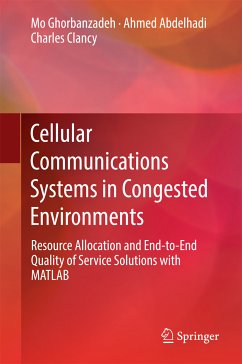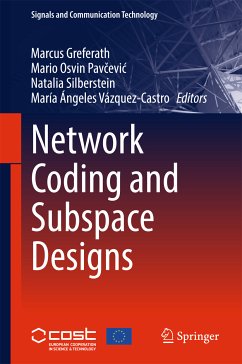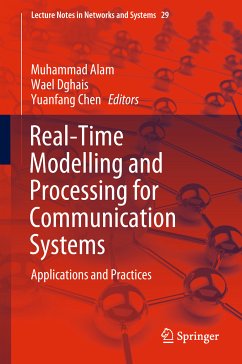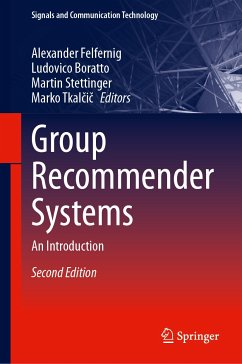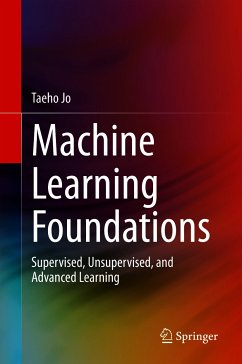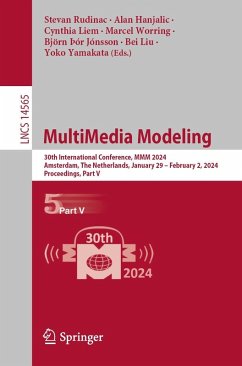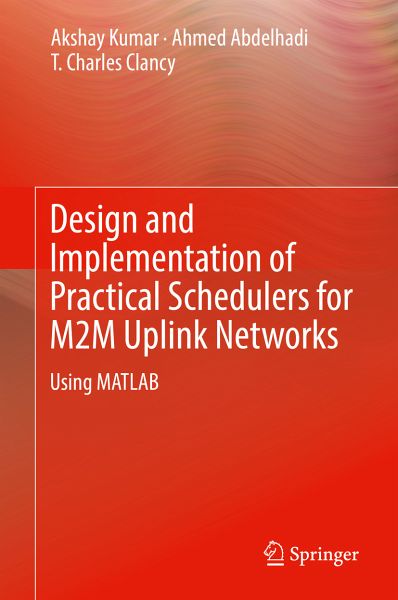
Design and Implementation of Practical Schedulers for M2M Uplink Networks (eBook, PDF)
Using MATLAB
Versandkostenfrei!
Sofort per Download lieferbar
72,95 €
inkl. MwSt.
Weitere Ausgaben:

PAYBACK Punkte
36 °P sammeln!
This book presents the design of delay-efficient packet schedulers for heterogeneous M2M uplink traffic classified into several classes, based on packet delay requirements, payload size, arrival process, etc. Specifically, the authors use tools from queuing theory to determine the delay-optimal scheduling policy. The proposed packet schedulers are designed for a generic M2M architecture and thus equally applicable to any M2M application. Additionally, due to their low implementation complexity and excellent delay-performance, they authors show how they are also well-suited for practical M2M sy...
This book presents the design of delay-efficient packet schedulers for heterogeneous M2M uplink traffic classified into several classes, based on packet delay requirements, payload size, arrival process, etc. Specifically, the authors use tools from queuing theory to determine the delay-optimal scheduling policy. The proposed packet schedulers are designed for a generic M2M architecture and thus equally applicable to any M2M application. Additionally, due to their low implementation complexity and excellent delay-performance, they authors show how they are also well-suited for practical M2M systems. The book pertains primarily to real-time process scheduler experts in industry/academia and graduate students whose research deals with designing Quality-of-Service-aware packet schedulers for M2M packet schedulers over existing and future cellular infrastructure.
- Presents queuing theoretic analysis and optimization techniques used to design proposed packet scheduling strategies;
- Provides utility functions to precisely model diverse delay requirements, which lends itself to formulation of utility-maximization problems for determining the delay- or utility-optimal packet scheduler;
- Includes detail on low implementation complexity of the proposed scheduler by using iterative and distributed optimization techniques.
Dieser Download kann aus rechtlichen Gründen nur mit Rechnungsadresse in A, B, BG, CY, CZ, D, DK, EW, E, FIN, F, GR, HR, H, IRL, I, LT, L, LR, M, NL, PL, P, R, S, SLO, SK ausgeliefert werden.
Alle Preise in Euro und inkl. der gesetzl. MwSt. | Innerhalb Deutschlands liefern wir preisgebundene Bücher versandkostenfrei. Weitere Informationen: bitte hier klicken
Support
Bitte wähle dein Anliegen aus:
Rechnungen
Bestellstatus
Retourenschein
Storno



